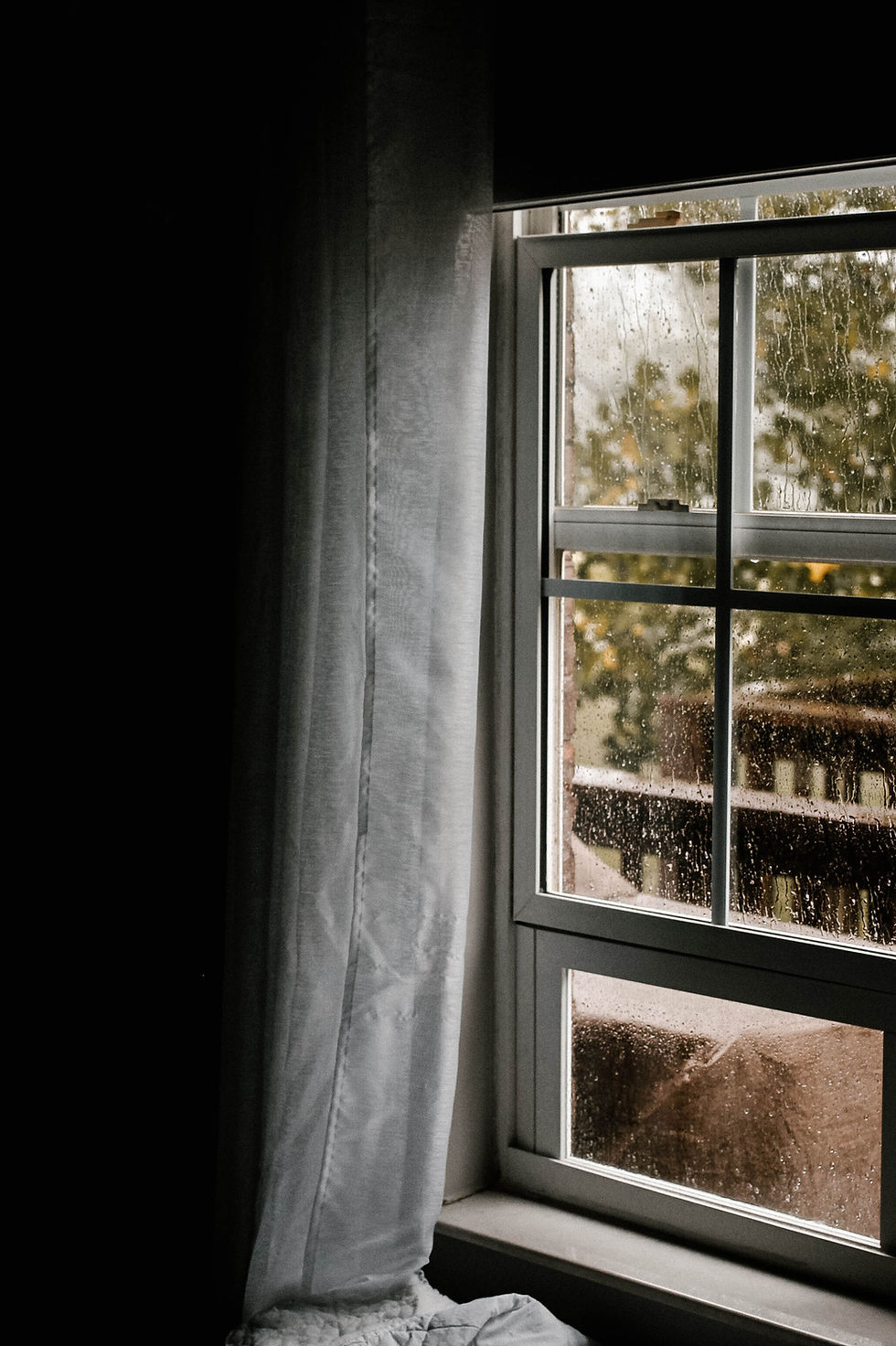A Landlord's Winter Guide
- rachel7159
- Jan 13, 2023
- 3 min read
Winter is here, and with it comes dropping temperatures and unpredictable weather.

The winter season can be a stressful time for landlords, especially if you're underprepared for bad weather. It's important to be ready for the colder months and have a plan in place to deal with any unexpected emergencies that may arise. Here are some tips on how to prepare yourself and your properties for winter.
As winter approaches, the weather is likely to get colder and more unpredictable. Your tenants may be looking to buy thicker curtains or draft guards for their windows, while landlords might want to think about upgrading heating systems. Here are some things you should know:

When temperatures drop, it's important for your heating system to be working at its best. You don't want your tenants going through the winter with no hot water or struggling with inadequate heat. If you're unsure if your current system will stand up against this season's weather, consider replacing it if necessary. It's worth the investment if it means keeping your tenants happy—and keeping them from leaving due to poor living conditions.
We want to help landlords prepare for the colder months to ensure there are no unexpected surprises at their properties.
Have a plan in place for unexpected repairs. It’s best to fix things before they break, but of course that isn’t always possible. Have your property manager or handyman on hand so they can get on top of any urgent issues as soon as they arise and minimise disruption for tenants and neighbours.

Make sure tenants are aware of the importance of safety in cold weather conditions, especially when using boilers or fireplaces.
If you do have a boiler, make sure it has an annual gas safety certificate. Also check that smoke alarms are working properly and test CO detectors every month.
Remind tenants not to block up heating vents or install damp-proofing devices without prior permission from their landlord.
If your property is going to be empty over winter months, consider getting an additional lock fitted at the front door to provide extra security.
Have a list of contractors on hand, including plumbers, electricians and heating specialists.
It's best to be prepared for all eventualities, so having a list of trusted tradesmen may end up saving you time and money. It's also worth having a back-up list, in case your usual contractors are away or busy with on other emergencies.

Keep an emergency contact list of service providers such as the gas company, utility companies and cable/internet providers. You never know when you might need to report an issue to them.
The best way to prepare for winter is by being proactive about maintenance and repairs.
This can be a lot of work but will save you money in the long run. Here are some tips:
Make sure your boiler is working or schedule a service.
Check heating and hot water systems.
Make sure external pipes are well insulated.
Inspect gutters, drains and roof (check all gutters are drained away from the property).
Repair or replace old windows and doors (if they're drafty).

It's very important to prevent damp from getting into your home in winter. It can cause condensation on walls which could lead to mould growth inside your property. To prevent this, make sure your windows are fitted with good quality seals and keep the air vents in your home closed when you’re not using them. If you have a chimney or fireplace, make sure it's working properly (check for blockages).
Conclusion
If you’re a landlord who wants to ensure that your properties are ready for winter, the best thing you can do is get a list of contractors on hand and make sure they’re on call. Winter storms can cause unexpected problems, but with preparation and contingency plans in place you can avoid major headaches. In addition to having contractors on hand, it’s also a good idea to have an emergency kit at each of your properties in case there is no heat or hot water during inclement weather conditions.




Comments